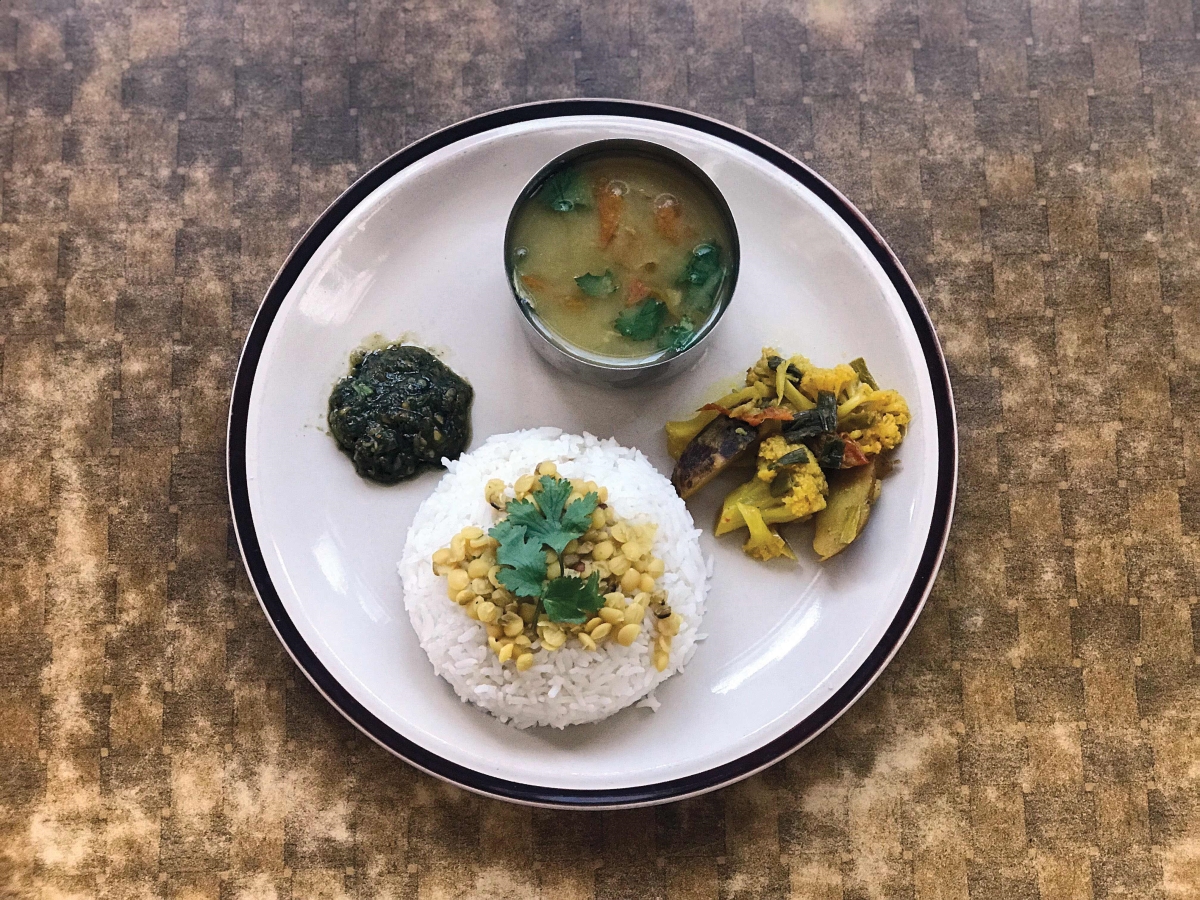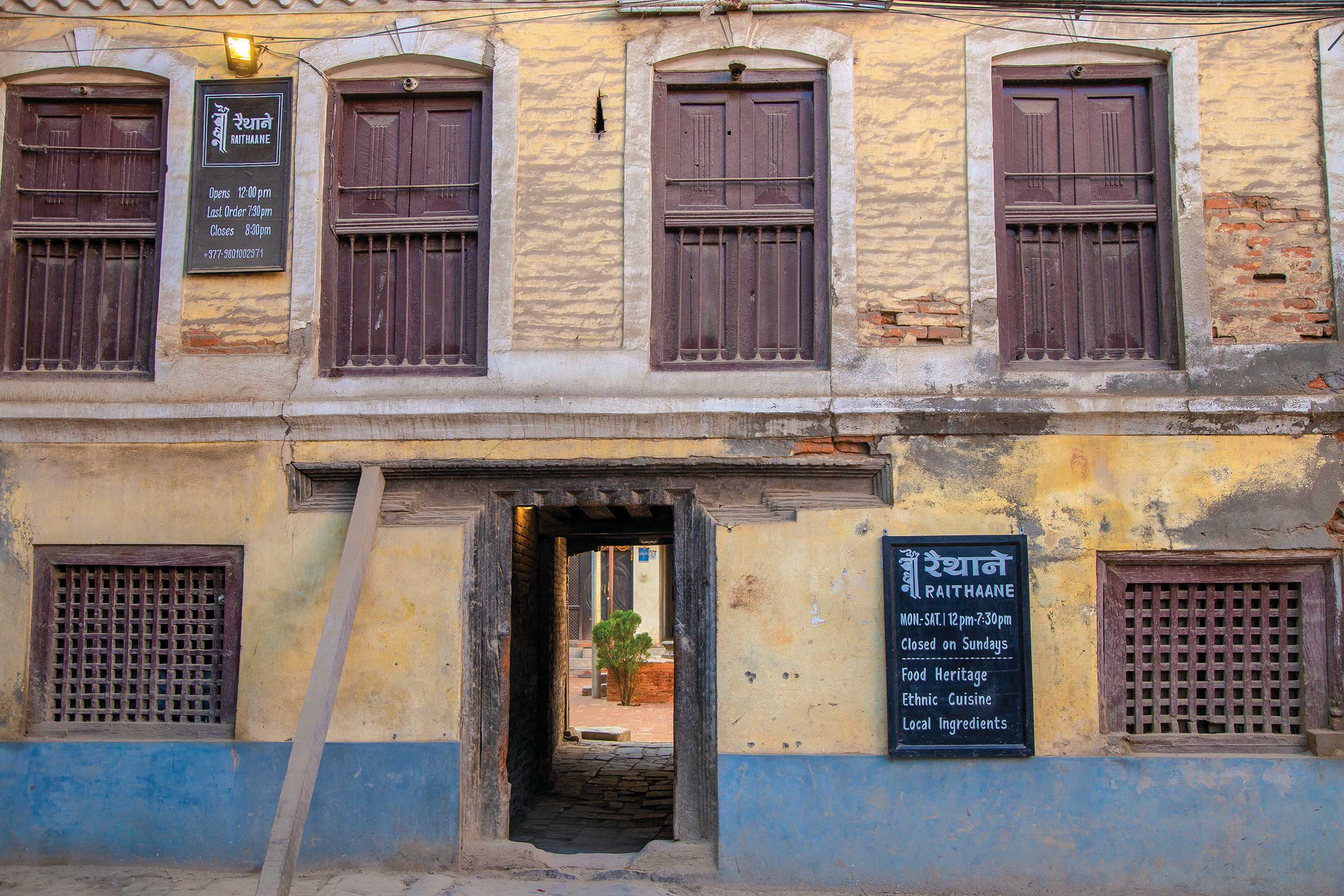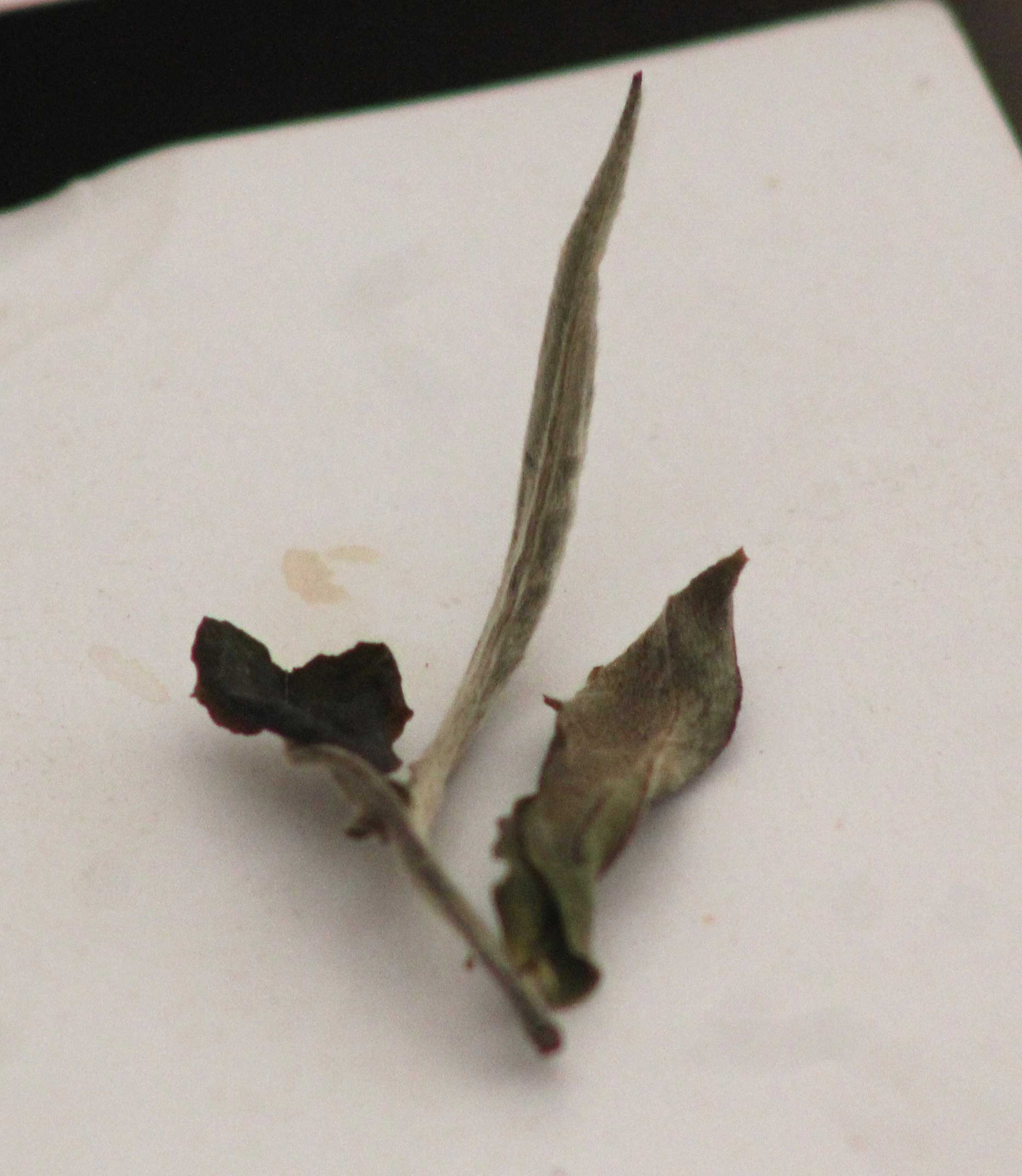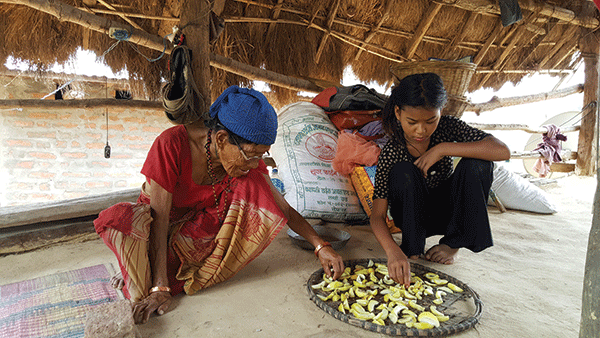There are two very different sides to this popular day in Kathmandu - a formal event involving the army and a cultural event celebrated by locals.
To those who have known Kathmandu for all its festivals, Ghode Jatra is not something new. To those who have learnt to respect the valley for its color and novelty, this is an interesting festival. To those who are new to Kathmandu and all that is comes with, you are in for a surprise.
Every year, in mid March or early April, Kathmandu celebrates a festival of horse riding. There are horse parades in Tudikhel - a large open space in the middle of the city, along with competitions and celebrations that have changed over time. The entire program is carried out in front of politicians and heads of state. Its cultural side however is even more interesting.
 Hundreds of years ago, after trading in Lhasa, people from Kathmandu returned home. They brought back porters and horses. Tudikhel was the area where the campers rested. In the inner city, whenever children disappeared, it was assumed that demons and cannibals had something to do with it. So in order to scare off these bad spirits, campers were asked to run horses around Tudikhel to suppress the demons and rescue the city from their evil grip. As a ritual, people gathered and fed the demons near the tree that is still located in the middle of Tudikhel. The food included typical Newari food of rice and meat all given to suppress the demons and assure a peaceful society free of devils and evil spirits.
Hundreds of years ago, after trading in Lhasa, people from Kathmandu returned home. They brought back porters and horses. Tudikhel was the area where the campers rested. In the inner city, whenever children disappeared, it was assumed that demons and cannibals had something to do with it. So in order to scare off these bad spirits, campers were asked to run horses around Tudikhel to suppress the demons and rescue the city from their evil grip. As a ritual, people gathered and fed the demons near the tree that is still located in the middle of Tudikhel. The food included typical Newari food of rice and meat all given to suppress the demons and assure a peaceful society free of devils and evil spirits.
In a Newari family, this day is marked with a traditional bhoj (feast), representative of any major celebration in their culture. The entire idea behind celebrating the festival could also be the celebration of the change in season. Any big festival with great cultural significance is celebrated when the seasons are changing so that the additional festivity and food could work on the body and prevent the usual illness associated with the change in weather conditions. The celebrations assure good health by the consumption of nutritious food and time spent with closed ones makes this day all the more special.
With time, the tradition of chasing away bad spirits by racing horses changed into a formal, national festival. The two very different aspects of the festival, formal and cultural, are what make it special for Kathmandu residents and visitors.











